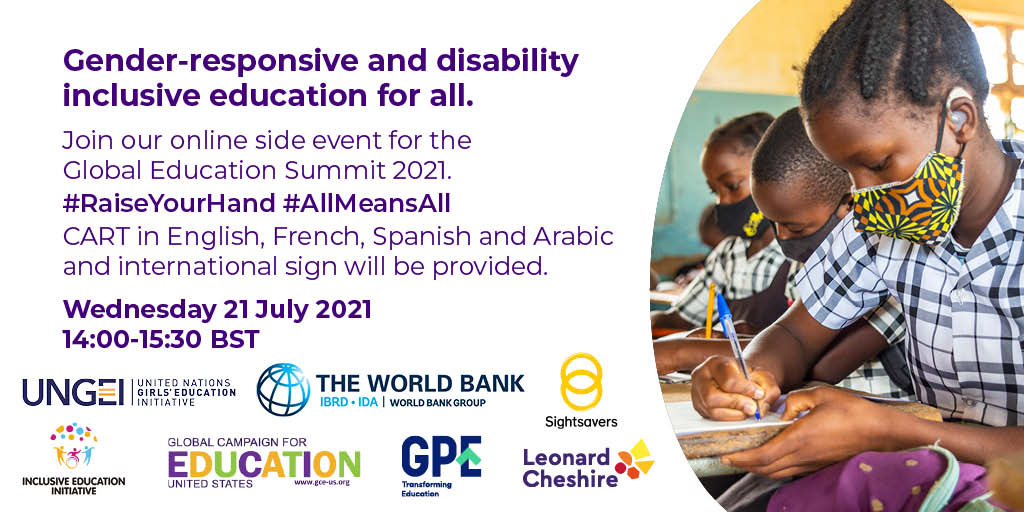Gender, learning and teaching in rural contexts
Agenda 2030 for all
As part of the 62nd Session on the Commission of the Status of Women (CSW), UNGEI co-hosted a panel event with the Norwegian Ministry of Foreign Affairs and Education International entitled ‘Agenda 2030 for all: gender, learning and teaching in rural contexts’. The focus of the event concerned approaches to advancing gender equality in education and addressing the particular challenges faced by schoolgirls and women teachers in rural communities. Bringing a range of perspectives to the discussion, we welcomed an expert panel representing government ministries, advocacy organisations, international NGOs, centres of training, and education networks.
Education a ‘secondary thought’ for girls
Recounting her experience of growing up in an indigenous community in rural Brazil, Taily, youth activist with the indigenous women's rights organisation ECMIA, highlighted problems of language, curricula ill adapted for the cultural context, and teacher retention. To attend secondary school, students are compelled to move to urban centres, often at great risk to personal safety and without familial support. Too often, families are not willing to take the risk and girls drop out of school altogether. In India, in many families the education of girls is a ‘secondary thought’, remarked Urvashi Gandhi of Breakthrough India. “The first thought is that we have to save for her marriage. Forget everything else: her aspirations, her will, what she wants to become when she grows up are irrelevant.”
Little wonder, therefore, observed Joanna Roper, Special Envoy for Gender and Equality at the UK Foreign and Commonwealth Office, that attending school does not always translate to receiving a quality education. Lack of resources, teacher training and large class sizes mean that in sub-Saharan Africa alone, seventy million girls (90% of the female school-going population) are unable to read proficiently by the time they complete primary school. The most marginalised are girls in rural communities, and especially those with disabilities whose education is rarely seen as relevant or important.
Challenges and opportunities for women teachers
Representing the Global Education Union Federation, Education International, Haldis Holst emphasised the barriers that women teachers face in rural communities, which include isolation, poor living conditions and minimal professional support. Many women teachers live in fear of violence. Add to this, lack of training centres and prohibitive higher education fees mean that many countries face a shortage of teachers. In rural communities, male dominance of the profession is particularly pronounced where women are more likely to be confined to traditional roles, said Rita Bissoonauth of the African Union International Centre for the Education of Women and Girls in Africa (CIEFFA).
Yet “We mustn’t forget the opportunities of working in a rural context,” remarked Holst. In rural settings teachers have more professional responsibility, which can significantly enhance job satisfaction and personal fulfillment. “I think to recruit and retain we need to focus on these opportunities. We have to make it a positive story,” she said.
Business as usual will not work
Linda Hoftad Hellaland, Minister of Children and Equality, Norway, emphasised the importance of female teachers as role models and mentors. This means teachers need to feel valued, and that the importance of their role in society is reflected in their social and economic status. The critical factor, she said, is political will across all sectors to ensure all girls access the education they need. Resources need to be mobilised at all levels, requiring increased financing from domestic budgets and scrutiny to ensure it reaches the most marginalised. Solange Akpo of African Network Campaign on Education for All (ANCEFA), highlighted a programme in Togo which increased opportunities for teachers and schoolgirls to engage, motivating many girls to stay in school and succeed. Schools, she said, must be safe havens where girls are encouraged to dream.


